India's Caste System Is Slowly Being Replaced By A System Marked By
India's caste system is slowly being replaced by a system marked by. Class refers to people based on property business occupation ie. Covers entire social fabric of India. Casteism in india - Impact of Caste System in India.
Caste and casteism have been carried to every corner of the globe to which. Srinivas 1964 states that whereas caste mobility in medieval India was based on fission in modern India it takes the form of fusion of caste segments. Of the Indian caste system and its effects on India today.
Asked Apr 19 2017 in History by Burton_M. But according to the Manusmriti the caste system in India was in the beginning a system of prescribing codes of conduct for people to suit the requirements of their occupation. Caste system is one of the oldest social institutions in the world.
Thus it was based on their occupation. Social class Which of the following characteristics is most associated with the class system. A slavery B apartheid C social class D indentured service.
Caste-system gives Indian society a distinguished identity and a solid social structure with a system of thought way of life and sense of direction. In this process the nature of caste no doubt undergoes some transformation but it would not be true to assume as Bailey does that castes change their character. You belong to a caste by birth cant change it later one has is follow the set rules.
They are classified according to occupation and determine access to wealth power and privilege. One cant change his own caste system by can change the class system can be a member of many classes at the same time. First the caste system is a four-fold categorical hierarchy of the Hindu religion - with Brahmins prieststeachers on top followed in order.
YOUR EXPECTED PROFESSION IS BASED ON THE CASTE THAT WAS ASSIGNED TO YOUR ANCESTORS. In India the caste system developed and is prevalent since ancient times and it remains as a great thorn and mystery in the flesh of Mother India.
Caste system is a system in which future generations are expected to do the same jobs as their ancestors for life.
The caste system in India has its origins in ancient India and was transformed by various ruling elites in medieval early-modern and modern India especially the Mughal Empire and the British Raj. A slavery B apartheid C social class D indentured service. Covers entire social fabric of India. Indias caste system is slowly being replaced by a system marked by. Caste system is a system in which future generations are expected to do the same jobs as their ancestors for life. YOUR EXPECTED PROFESSION IS BASED ON THE CASTE THAT WAS ASSIGNED TO YOUR ANCESTORS. Indias caste system is slowly being replaced by a system marked by. Once you understand the above you realise that the caste system is NOT based on your profession BUT. With this change of emphasis the Indian caste system is gradually being replaced by the system of social classification as prevails in Western countries.
Casteism in india - Impact of Caste System in India. Indias caste system is slowly being replaced by a system marked by. In this process the nature of caste no doubt undergoes some transformation but it would not be true to assume as Bailey does that castes change their character. In India there is an elaborate system of social classification called the caste system. Of the Indian caste system and its effects on India today. First the caste system is a four-fold categorical hierarchy of the Hindu religion - with Brahmins prieststeachers on top followed in order. Indias caste system is slowly being replaced by a.


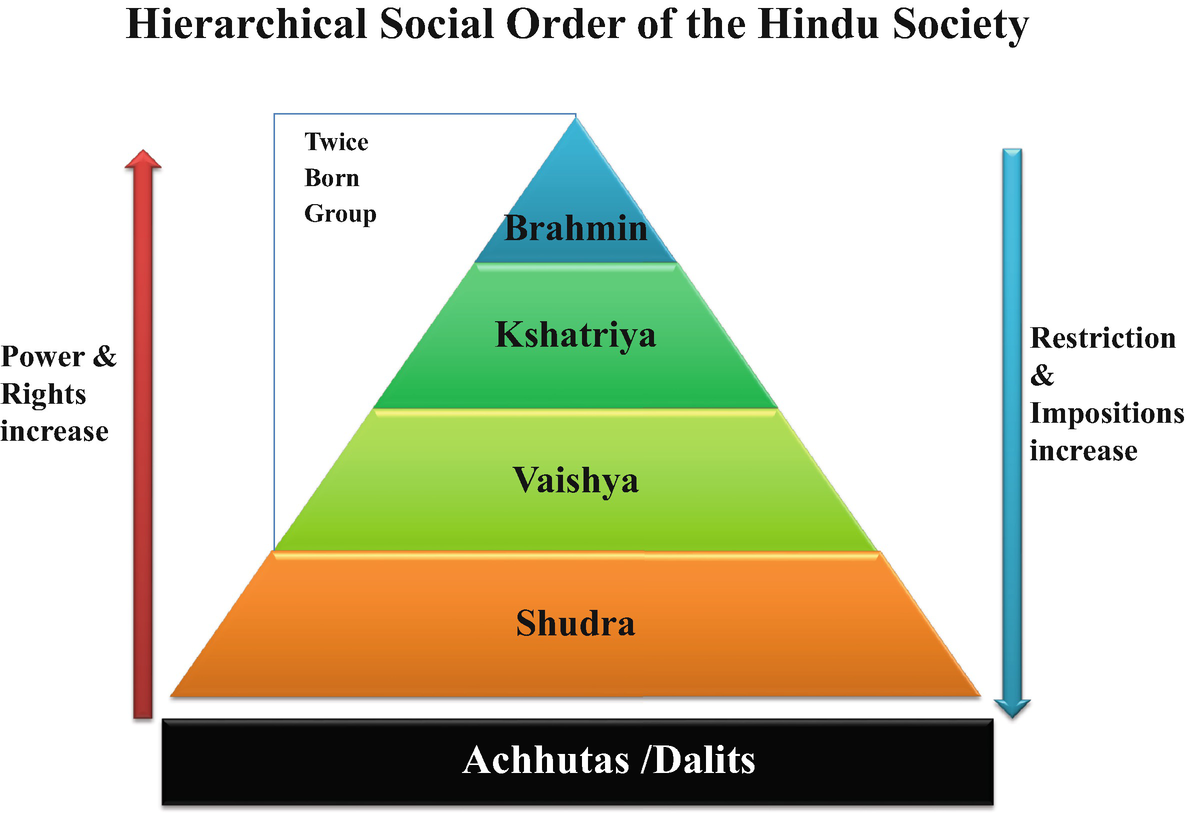

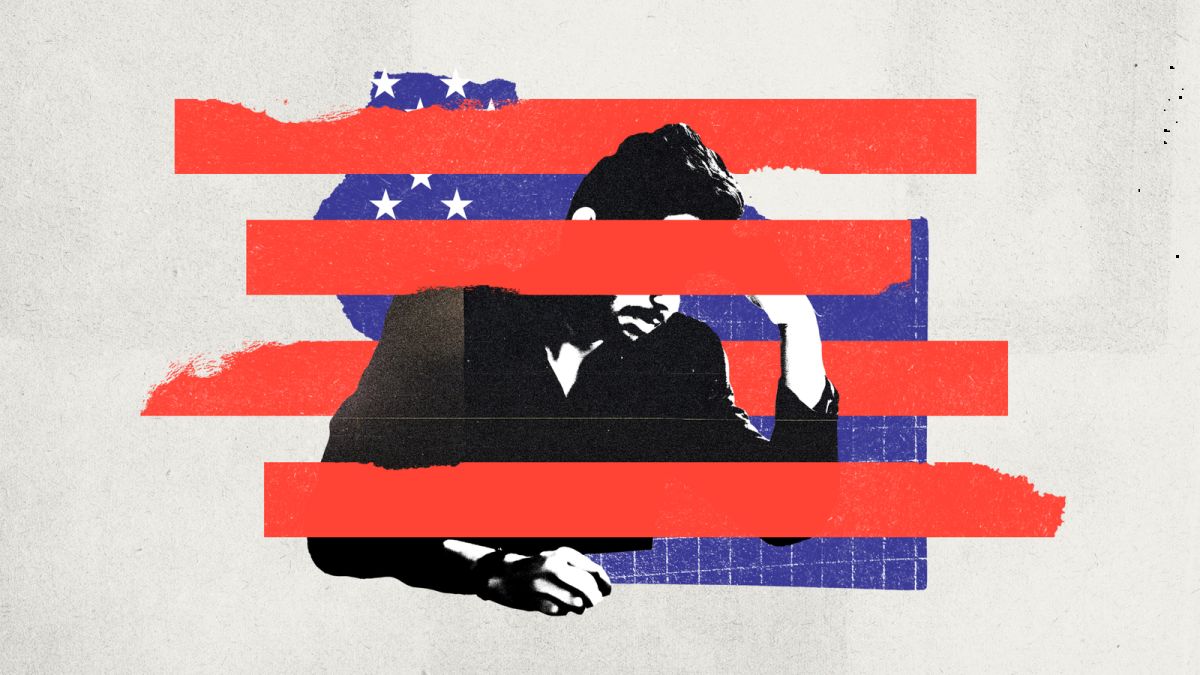
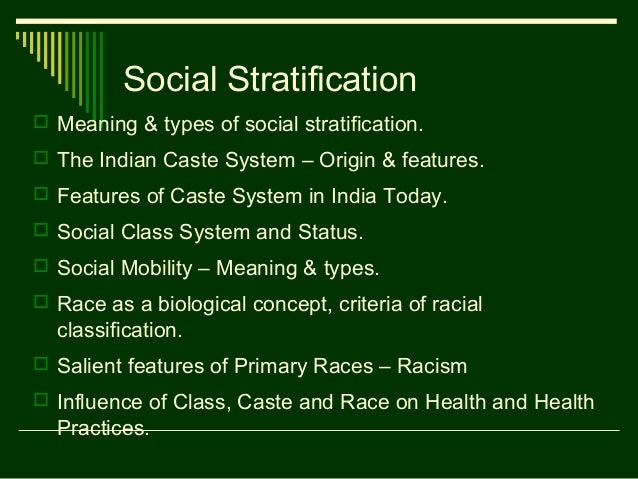





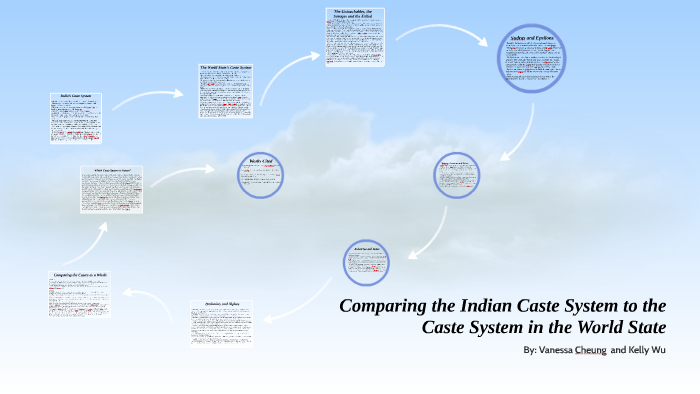

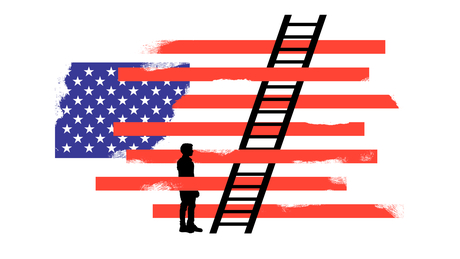
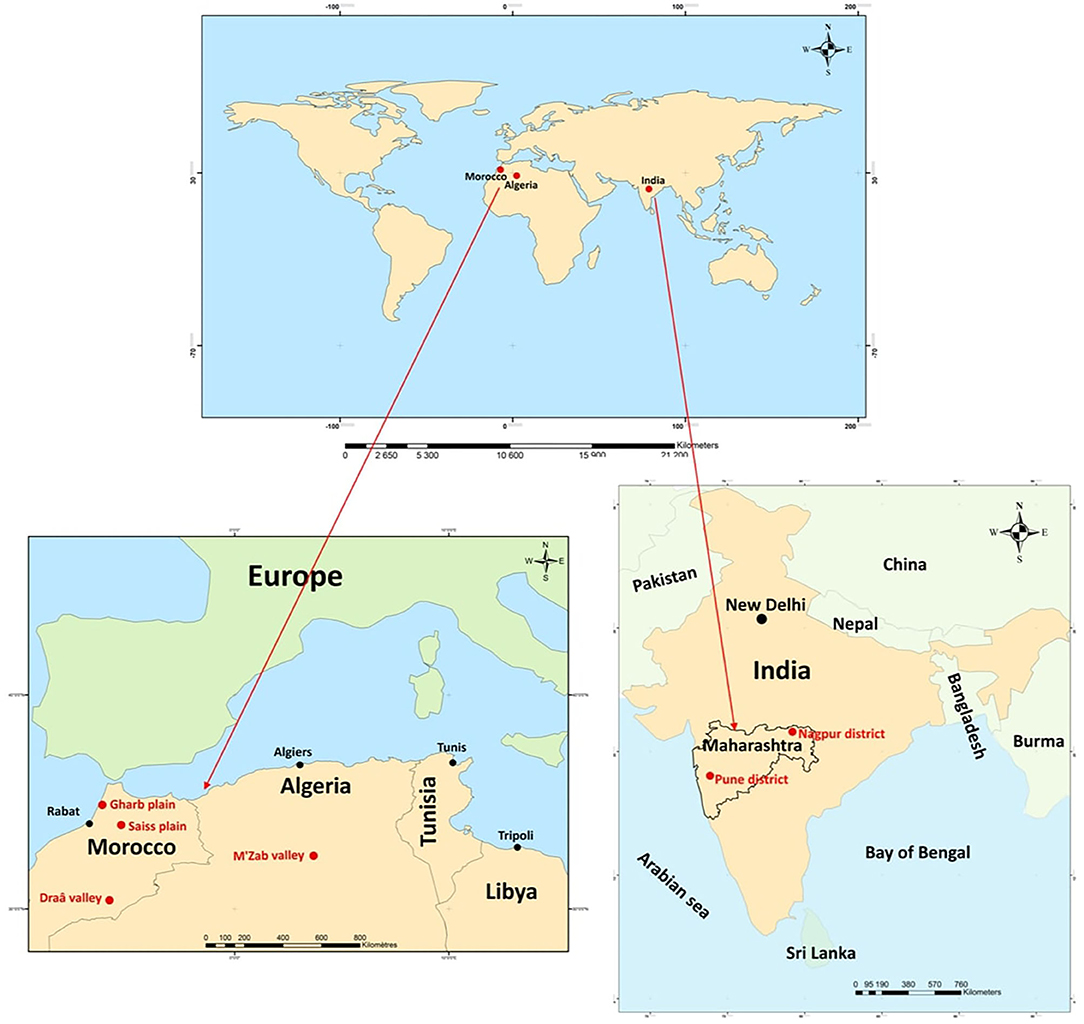
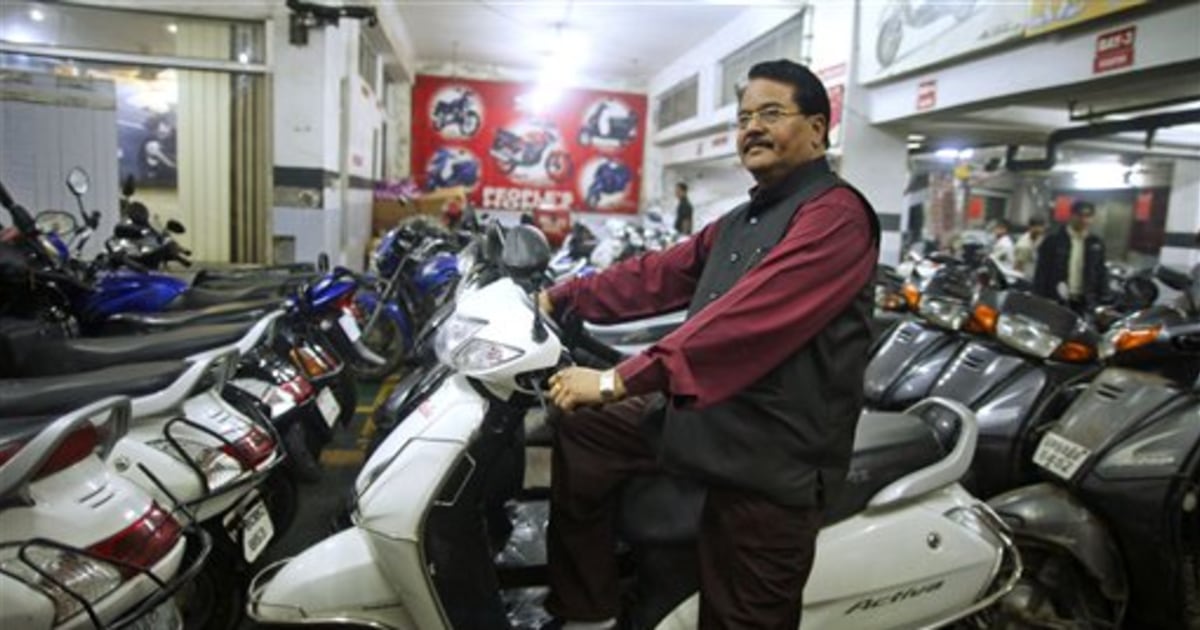

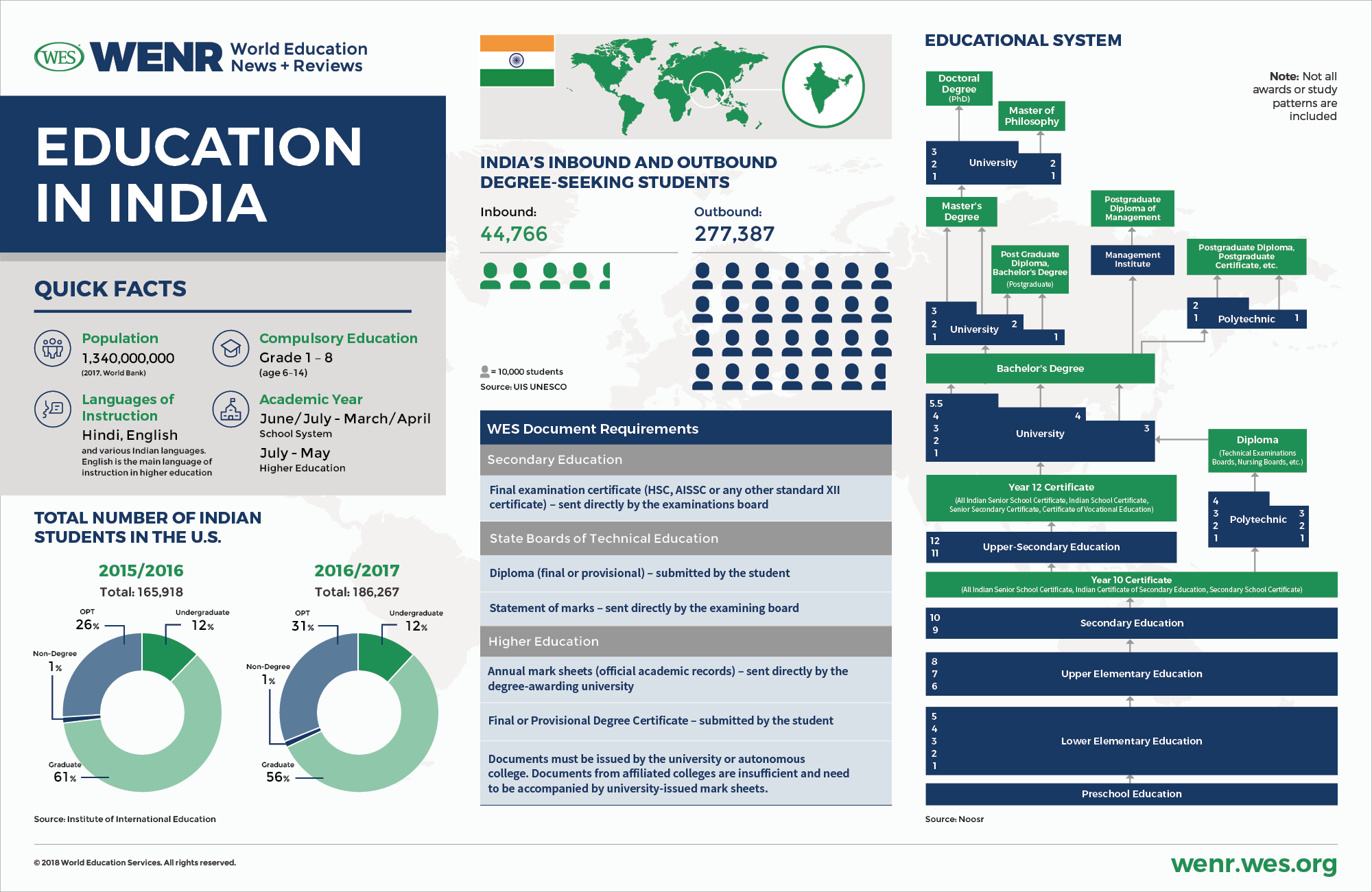
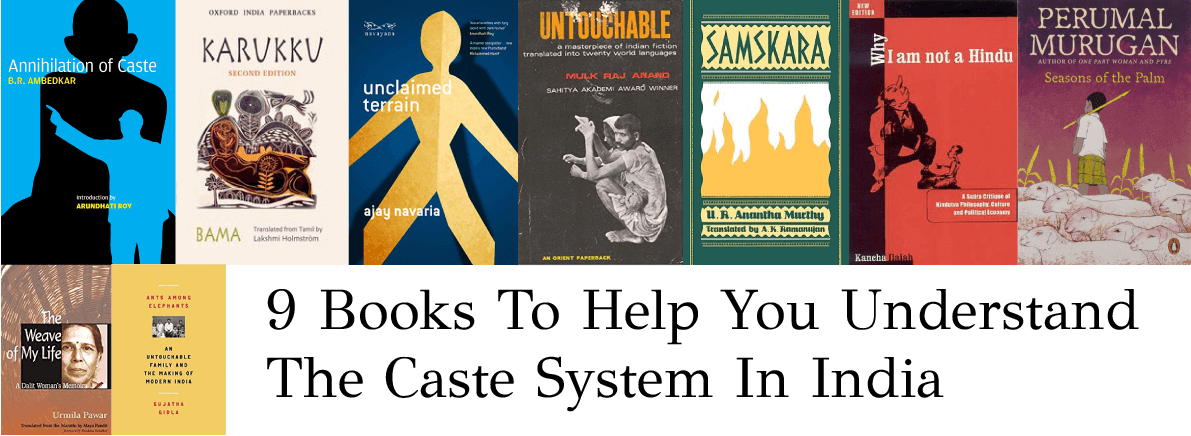



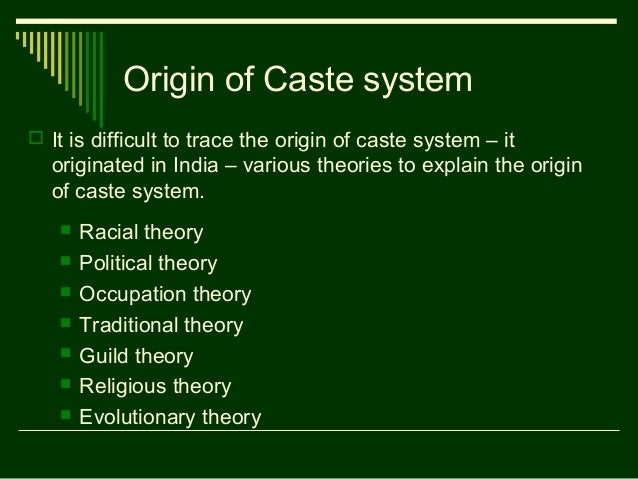

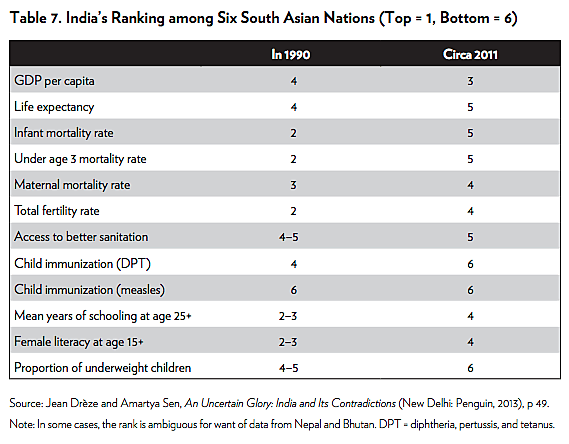



Post a Comment for "India's Caste System Is Slowly Being Replaced By A System Marked By"